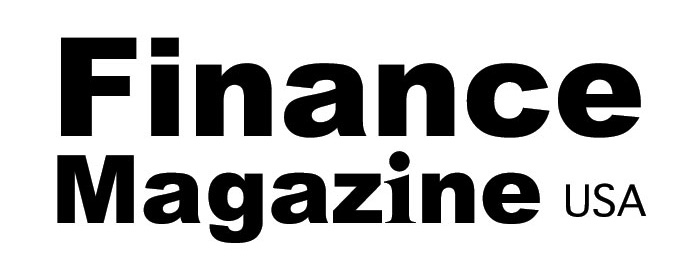Environmentalists and free-traders haven’t always seen eye to eye. In the past, their relationship has been marked by suspicion and even outright hostility. But could the tides be turning? Ngozi Okonjo-Iweala, head of the World Trade Organization, has been making the case for how trade can actually save the planet. This year’s climate summit in Dubai has once again brought to the forefront the question of how trade and green policies can work together.
On the surface, it seems that green policies in many countries are at odds with the principles of free trade. For example, measures like “Buy American” provisions in the Inflation Reduction Act and tariffs on European steelmakers seem to prioritize local industries over international trade. These policies not only hinder international trade but also inadvertently give a boost to polluting industries.
But free-traders are starting to fight back. This year’s climate summit included the first ever “trade day,” which brought attention to how free trade can actually speed up the green transition. The World Trade Organization also outlined a ten-point plan on how free trade could accelerate this shift towards sustainability.
However, winning over environmentalists will require more than just promises of efficiency. The European Union’s carbon border adjustment mechanism (CBAM) is a case in point. While it aims to charge the same carbon price on certain industrial commodities regardless of where they are produced, it has sparked objections from activists who argue that the rich world should fund the green transition and that the CBAM will disproportionately affect poor countries.
To bridge this gap, some have suggested that rich countries should provide more climate finance to the developing world. During the climate summit in Dubai, promises of financial support were made by the European Commission, the International Monetary Fund, and other organizations to compensate poor countries for climate change and support the UN’s green climate fund.
There’s also a recognition that the World Trade Organization will need to adapt to this new reality. A world of cross-border carbon taxes and green industrial policies will require a referee to set commonly agreed standards and measurements of emissions. The WTO published a report that attempted to establish how to account for the embodied carbon in steel imports, and there are suggestions that the organization could distinguish between subsidies that distort trade but might be good for the planet and those which are bad on both counts.
As the conversation around trade and environmental policies continues to evolve, there’s still much to be done to reconcile these seemingly conflicting interests. But one thing is clear – there’s a growing recognition that addressing the climate crisis will require collaboration and compromise across all sectors.
For more expert analysis of the biggest stories in economics, finance, and markets, sign up to Money Talks, our weekly subscriber-only newsletter.
Source link




